The Eurovision Song Contest has historically been known for bringing nations together after the events of World War 2 and has tried to remain apolitical ever since. However, there have been times when hints of geopolitics would slip through the cracks. This year’s contest has gone even further.
This is not because last year’s second-place country, the UK will be hosting due to the ongoing Russian invasion of Ukraine, but because this year, some countries are going all out by sending songs with heavy political undertones, something that has been frowned upon up until now.
Eurovision vs. political songs
Eurovision is notorious for sending songs that have themes of love or peace. This was somewhat called out in the 2016 song contest, which saw the performance of “Love Love Peace Peace” by 2016’s hosts Måns Zelmerlöw and Petra Mede. Due to Eurovision being an “apolitical” event, it’s the “peace” part that has caused the most caution by both the EBU and the delegations.
In the past, participating countries have had to be very cautious when it comes to songs that reference anything about war, geopolitics, and hate. At the same time, songs mentioning other countries (most notably Russia) were also heavily monitored. And it makes sense; Eurovision was meant to be a “peaceful event” to unite Europe (and Australia) under one roof.
However, some entries managed to slip through the cracks, which led to investigations led by the EBU to ensure that the song doesn’t break any rules. A notable example is Ukraine’s 2016 entry, “1944” by Jamala. According to the artist, the song was about her great-grandmother and her time under Joseph Stalin’s rule during World War 2. The song was investigated after Russian politicians claimed that it was political, only for their claims to be dismissed.
Another example is Iceland’s 2019 entry, “Hatrið mun sigra (Hate will Prevail)” by Hatari. Not only was this an “anti-war” song, but the performers also showed Palestinian flags during the grand final, which was a huge no-no since the song contest was hosted in Israel and the EBU tried to avoid all mentions of the conflict. The stunt led to the Icelandic delegation being fined by the EBU.
Even something as simple as a song about a train was asked to change one of its lyrics. Moldova’s 2022 entry, “Trenuleţul” by Zdob şi Zdub & Advahov Brothers, was a song about a train that traveled between Romania and Moldova. Unfortunately, it was reported by RadioFreeEurope that the band was told to change one of the lyrics because it made slight reference to the reunification of both nations.
And then there are some minor accusations. In 2009, Georgia submitted a song titled, “We Don’t Wanna Put In,” which was a funky disco track. Unfortunately, the song was rejected by the EBU due to references to the Russian president, Vladimir Putin. The same criticism was made of Ukraine’s 2007 entry, “Dancing Lasha Tumbai”, because the song title sounded like “Russia Goodbye.” The song however was approved. But when Russia invaded Ukraine in 2022, Ukrainian news outlet TCH reported that the song’s performer, Verka Serduchka, changed the lyrics to “Russia Goodbye” during a fundraiser.
So it’s no secret that the EBU has previously tried to make sure that nothing slips through the crack. However, things are different for the 2023 song contest.
The EBU is becoming more lenient
Eurovision fans have noticed that some of the entries became somewhat less subtle with their messaging and that this year’s song contest is becoming less restrictive.
For example, Norway’s entry, “Queen of Kings” by Alessandra, was meant to be a song about female empowerment. But, one may assume that a viral TikTok video where the song was played behind Miss Ukraine’s costume reveal during the Miss Universe competition may have played a role in the song’s victory. This theory could also be supported when Alessandra released a duet of her reacting to the aforementioned viral video, showing her support.
While that could just be a coincidence, two more entries made it through that are known to have some not-so-subtle political undertones. The first was Czechia’s entry, “My Sister’s Crown” by Vesna. During an interview with ESCBubble, the group stated that the song was about sisterhood and a “protest against gender inequality.” However, one could argue that it’s about showing solidarity for Ukraine. Even the music video hinted at this and fans immediately noticed it.
But one song that would have had a high chance of disqualification in previous song contests but didn’t in 2023 is Croatia’s entry, “Mama ŠČ” by Let 3. The song is claimed to be anti-war. But a lot of elements in the song, music video, and live performance somewhat heavily reference Russia and its relationship with Belarus. Let 3 has made it clear that the song was about Vladimir Putin in an interview on Croatian Television.
Matthew Wrather, the host of the Overthinking Eurovision series on YouTube, has documented moments when either the band or the crew behind the music video of their entry confirmed that the song was indeed about Russia. Something like this would have been disqualified if it was released in previous years. But this time it stayed.
So what changed this year?
Eurovision was already political
Here’s an open secret that casual fans may have missed: Eurovision was already political, despite what the EBU says. It’s just that in previous years, they’ve been subtle about it. This is an event where people democratically vote for a winner, something that not every participating nation gets to experience.
Meanwhile, countries that are known to have strong anti-LGBT+ laws are exposed to same-sex performances/themes and some of the hosts identify themselves to be part of the community. And there is the open joke on how Greece and Cyprus would always vote for each other since they’re neighbors.
When the EBU decided to disqualify Russia from the 2022 song contest, it showed its stance when it came to the Russian invasion. While the song contest continues to showcase itself as an “apolitical song contest,” it’s no secret that the event supported Ukraine, especially when it won in 2022. One of 2022’s hosts, Laura Pausini, somewhat subtly mentioned the invasion during the Grand Final when Kalush Orchestra was preparing for their victory performance.
“Everybody is in peace in this arena. Everybody wants peace. And music is peace. This is the sound of beauty.”
According to the official rules of the Eurovision Song Contest, each country has to ensure that their entries aren’t “political”, suggesting it still continues to view itself as a non-political event. But with a handful of songs having strong political undertones (and one country admitting that their song is about Vladimir Putin), it seems like entries in this year’s contest are allowed to claim themselves to be “anti-war,” as long as they don’t mention names of other nations or current political leaders.
In the end, the Eurovision Song Contest 2023 is more likely to end up becoming one of the most political competitions that we’re likely to witness. If I could quote Ukrainian President Volodymyr Zelenskyy’s speech at the 2022 Grammy Awards,
“Fill the silence with your music! Fill it today. To tell our story.”
The 2023 Eurovision Song Contest will be hosted in Liverpool, United Kingdom, starting on May 9, 2023.

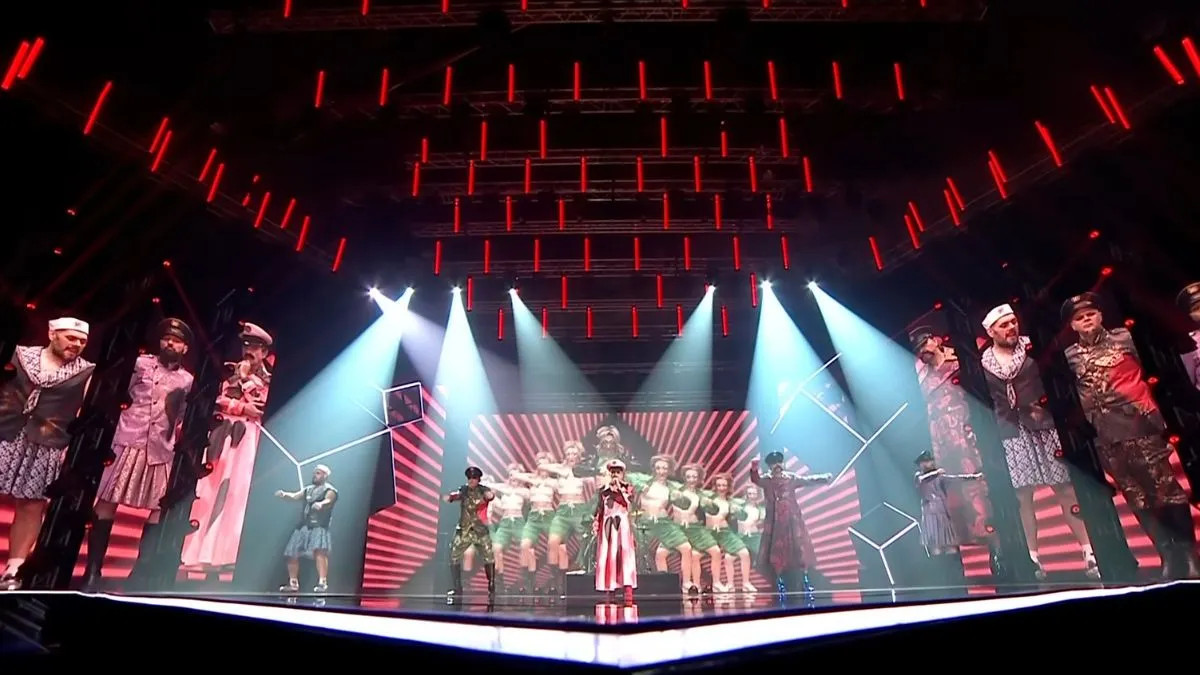

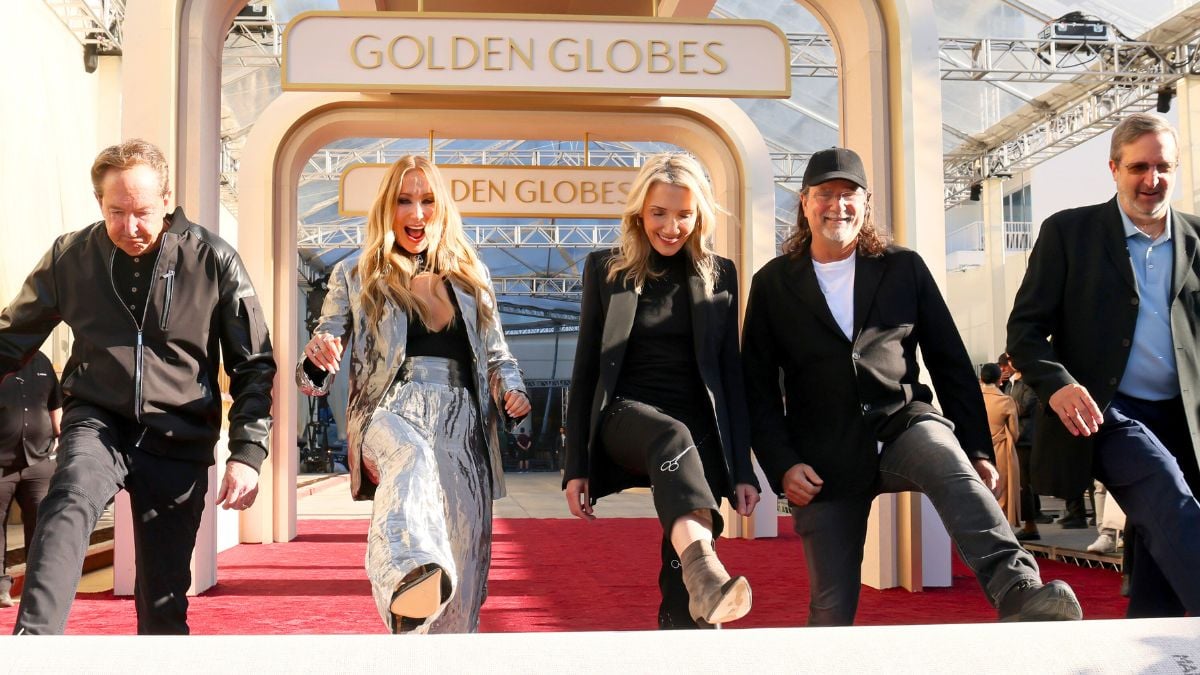

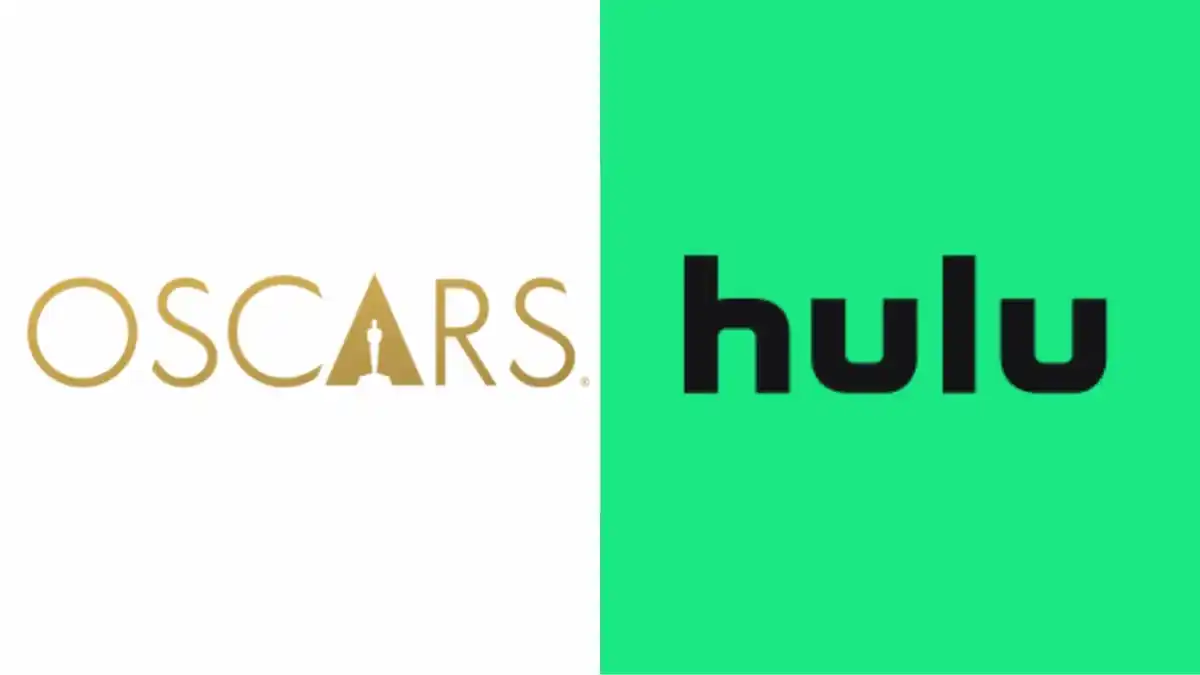
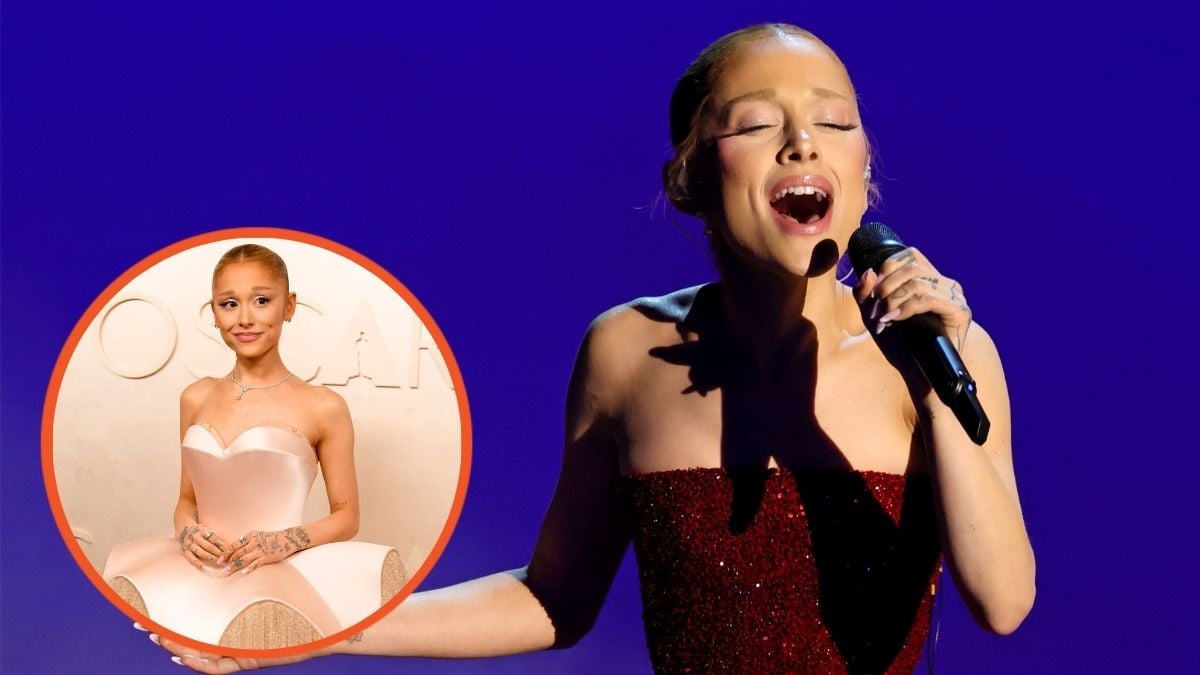
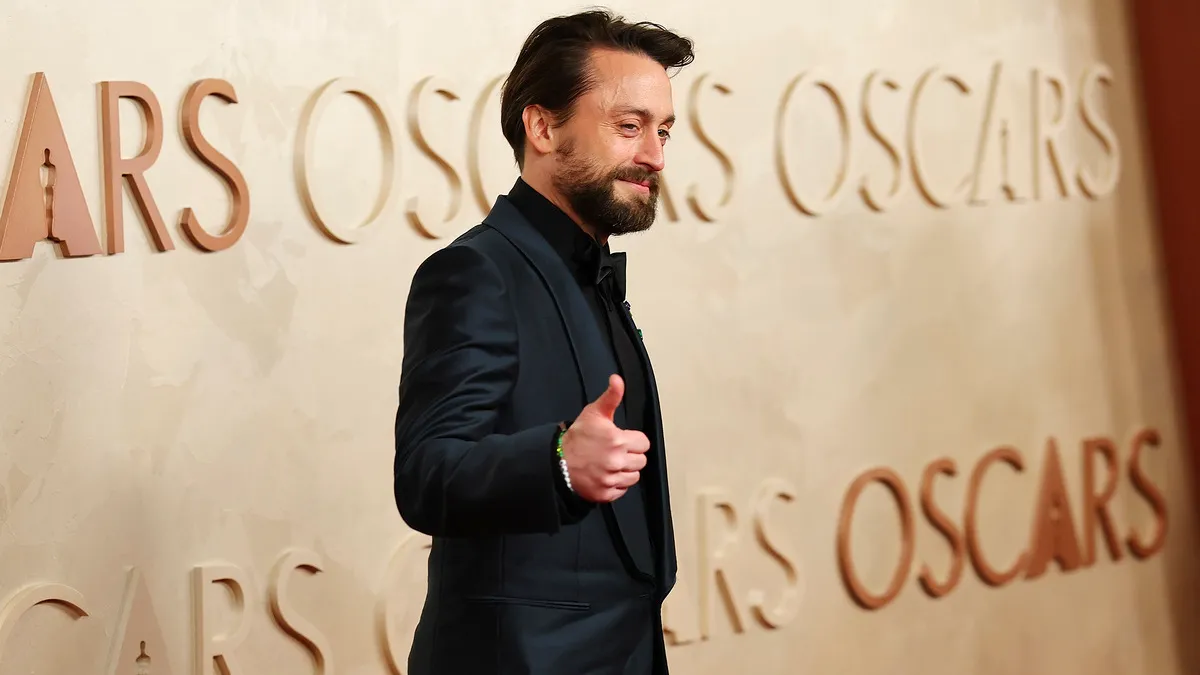
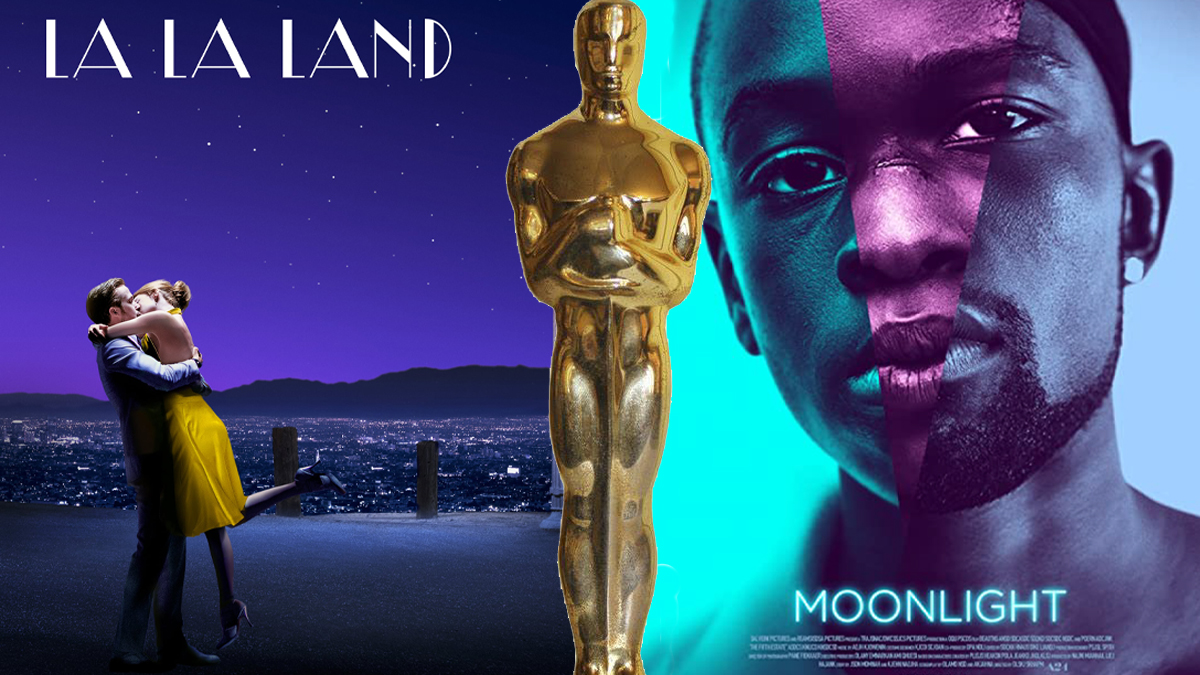

Published: Mar 23, 2023 12:34 am